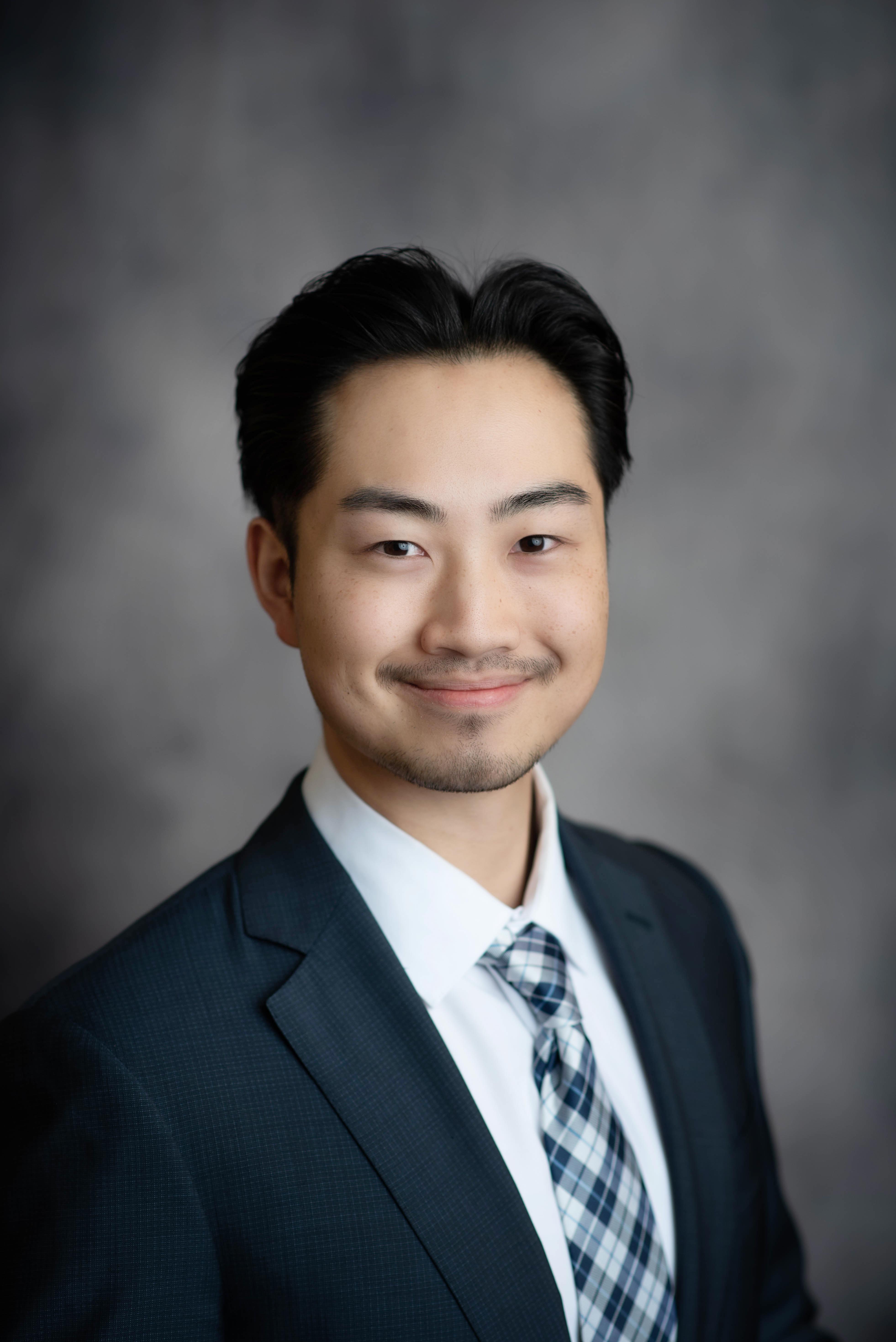Posted
in Teaching
by Conner Lai, MS4
In the 1900s, my grandparents lived a modest life in Guangzhou, China. My grandma made money as a singer and grandpa as a photographer. They had everything they wanted. However, things changed when Chinese soldiers came knocking on their door. They were investigating the neighborhood for families violating the one-child policy. In their home they discovered three young children and incredibly large fines were imposed on them. Eventually they fled to the U.S. to preserve the welfare of their children.
Despite the hard work and sacrifices my grandparents made to establish a successful restaurant in the US, they were constantly reminded of their outsider status. Most people didn’t look like them, speak like them or understand their lived experiences as immigrants from the other side of the world. Their experience with healthcare was no different. Doctors would have difficulty seeing them beyond the lab values, diagnoses, and broken English. As foreign and uneducated patients, they were often left with many questions and few answers. “Chinese doctor. We need Chinese doctor.” my grandma would insist. My dad, an auto engineer, would take responsibility for filling in the gaps the best he could by interpreting bills and using google to answer medical questions. Navigating the healthcare system was exhausting for them and they inevitably lost faith, relying on familiar Eastern home remedies instead. My grandpa eventually developed cardiovascular complications from undiagnosed diabetes and my grandma nearly lost her life to multiple bouts of severe pneumonia, all illnesses reasonably managed or prevented with proper care.
Like my grandparents, thousands of individuals, especially those of marginalized communities, face circumstances that prevent them from receiving the care they need. Hearing about my grandparents’ experiences motivated me to take action to address the health disparities so prevalent within our country. I learned the importance of representation in medicine and the need to uplift those unable or reluctant to seek care. As a medical student, I had the unique opportunity to make a difference in the lives of many underserved individuals. As VP on the Asian Pacific American Medical Student Association (APAMSA), I helped organize, write and produce educational videos to improve elderly Asian-American COVID knowledge, a population who were often the least informed and most hesitant to seek treatment. To help address prejudice and discrimination in the medical system, I helped lead CHM’s unconscious bias elective to teach other medical students ways to be more conscious of their thoughts and feelings towards others and the consequences implicit bias can have on the patients they care for. Additionally, I serve on Spartan Street Medicine and at Detroit’s Cass Clinic, providing care to individuals facing homelessness, a population heavily underserved and forgotten. Many of the patients need help managing diseases or medical complications that could have been prevented had they had access to primary care. This experience and apparent need for more quality primary care physicians highly motivate me to choose family medicine.
The difficulties that patients face these days are just as diverse as the communities they’re a part of. The various barriers to care in addition to the national shortage of primary care providers makes it apparent that there’s a need for more frontline providers. I want to be the family physician that strives to meet patients where they’re at. I want to be the family physician that comforts and empowers people to take charge of their health. I’m interested in the TIP program because it aligns with these goals. Through unique academic and clinical experiences, it would provide me invaluable support in my journey to become the family physician people like my grandparents needed.
Click here for more information on TIP.
